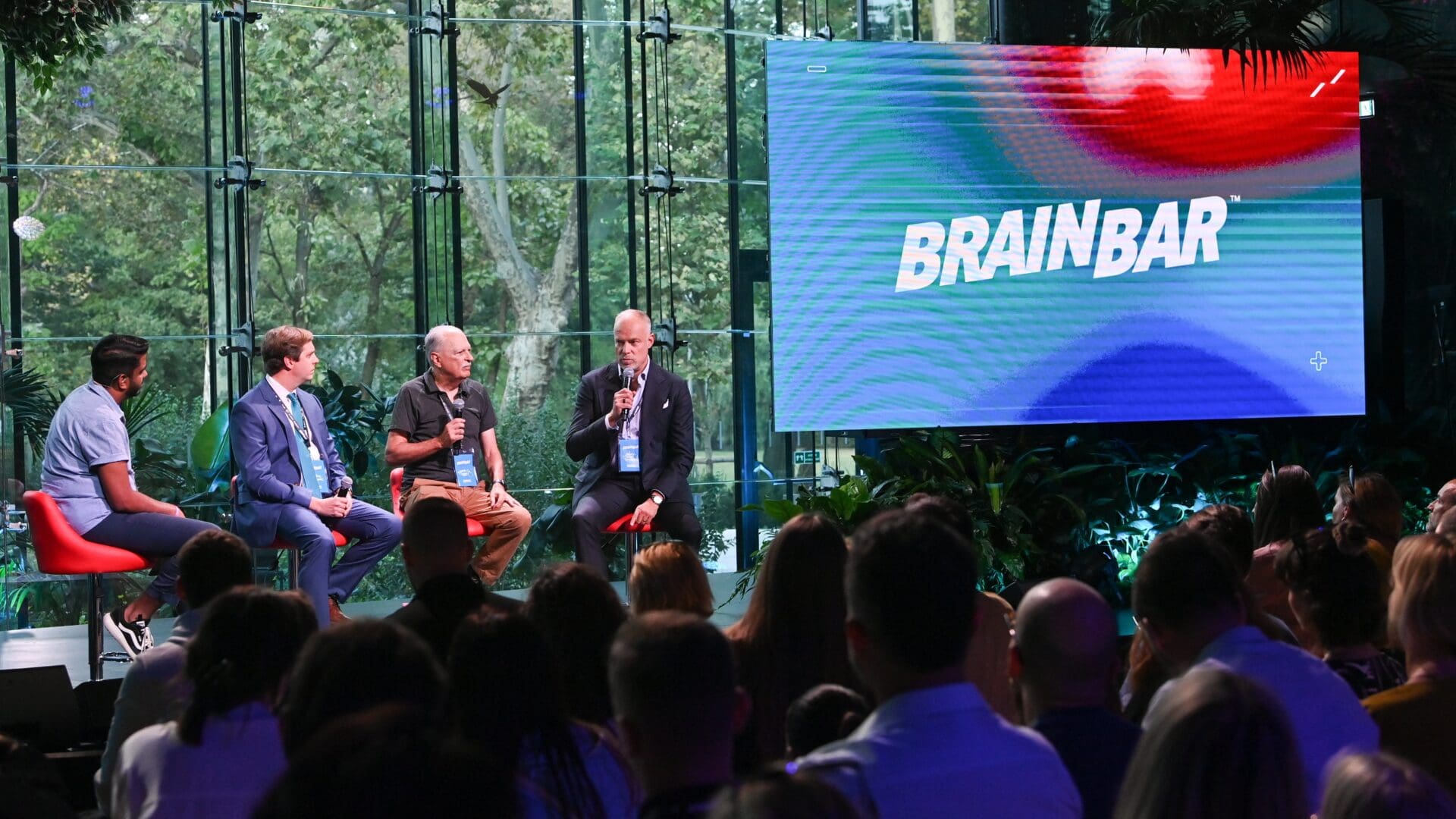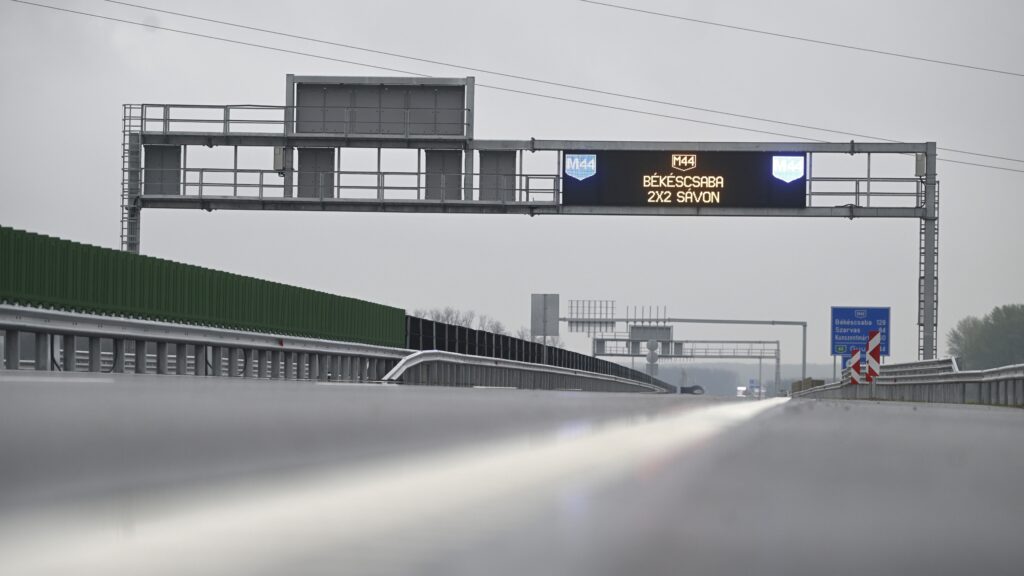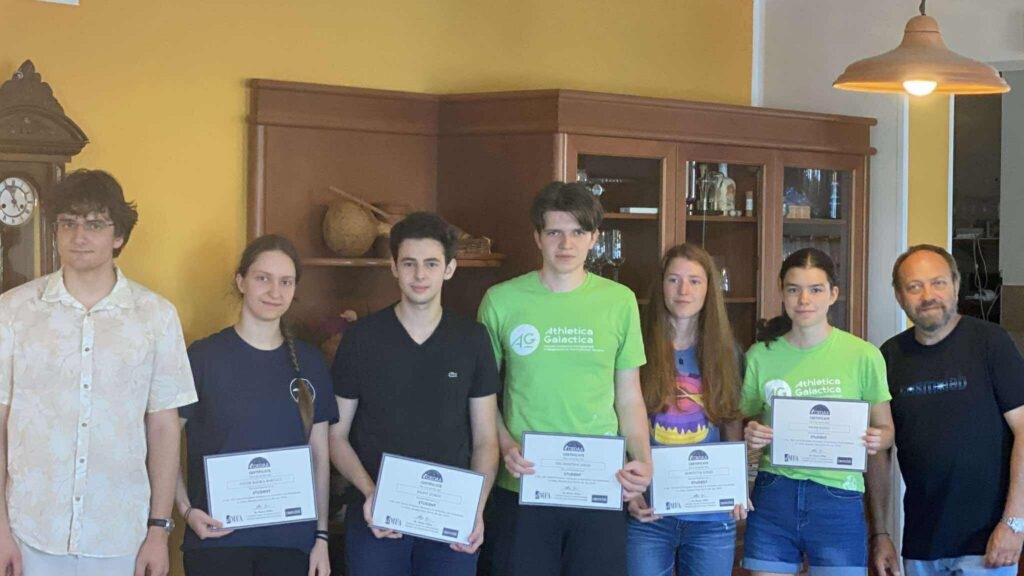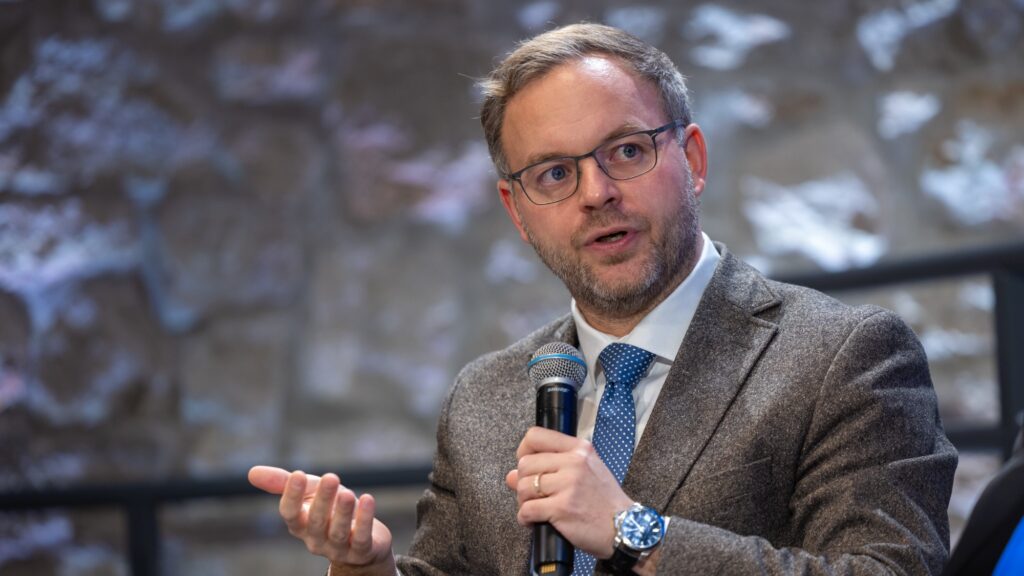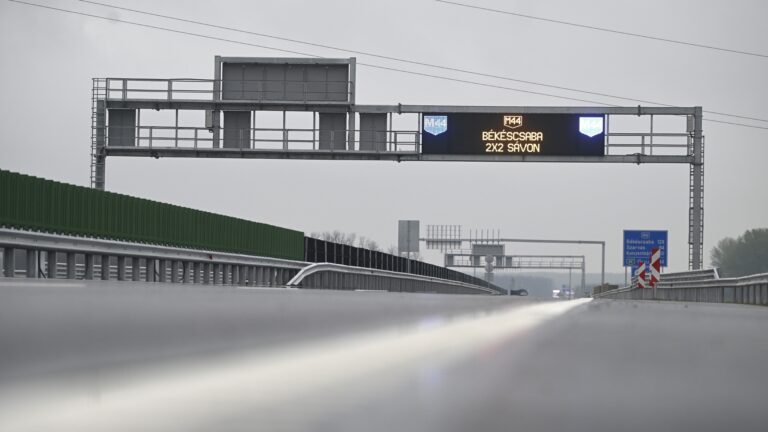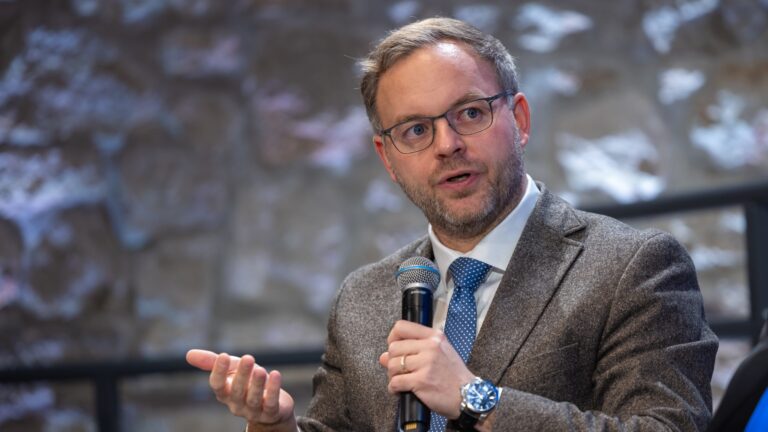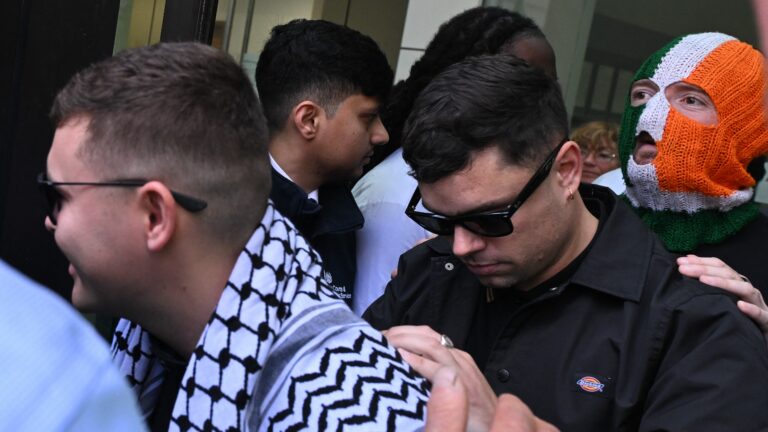The threat of escalation of the war in Ukraine is growing, but NATO reacted well from the very first moment, Kristóf Szalay-Bobrovniczky stated at the Brain Bar 2023 Future Festival. Hungary’s minister of defence was joined by defence analyst Brendan McNamara and former CIA analyst Martin Gurri, on the panel named Violence Next Door on 22 September.
In his remarks, Hungarian Minister of Defence Kristóf Szalay-Bobrovniczky assessed Hungarian domestic security policy, developments in the Russian-Ukrainian war and its expected consequences on Hungarian and global security. The threat of escalation of the war in Ukraine is growing, which is why an immediate ceasefire and peace talks are needed, the minister declared. On the possibility of a third world war, the DM argued that
as long as there is an open armed conflict, the chances of an escalation of the war are extremely high.
‘Now the intensity of the war seems to be decreasing because the parties cannot defeat each other militarily, but the forces behind them and the determination to find an armed solution are not conducive to world peace,’ he opined.
At the same time, the defence minister also stressed that when the war broke out, NATO acted quickly, and Hungary was also part of the process and measures that were initiated. ‘One thing is certain, NATO works’, he highlighted.
During the panel discussion moderated by brand strategist Sid Moorthy, defence analyst Brendan McNamara, former advisor to the US Joint Chiefs of Staff, the US Space Command, US Africa Command, and other government organisations remarked that he could not see anyone who would be trying to defuse the conflict in Ukraine or negotiate a ceasefire. ‘Instead, they seem to be sending weapons with greater ranges that could strike both Russia and Ukraine,’ he added.
Another consequence of the war, according to the analyst, is that Russia is increasingly shifting towards China.
‘I think just today, Senator McCaul, who argued for arms shipments, said that we need to send arms to Ukraine to weaken Russia, and to deter China. That seems childish to me. This is exactly “pushing” these two countries towards each other,’ he noted.
‘Structurally, what we are experiencing is less about the vast, centralized blocks of alliances that fought each other in the 20th century. We are witnessing the disintegration that began around 1990 when Hungary won its freedom. What we should fear most is the internal disintegration of the countries concerned,’ Martin Gurri said. According to the former CIA analyst and author of The Revolt of The Public and the Crisis of Authority in the New Millennium, everyone should understand that the best way to prevent conflict is to be strong, to have allies and never give in to panic.
Martin Gurri argued that many aspects of the conflict make him doubt that we are close to a third world war at the moment. One of them is that there has been a significant reduction in the world’s stockpiles of missiles and additional weapons.
‘But you never know; sometimes people do things for no reason. That said,
you cannot predict, you cannot calculate the probability of such a conflict.
However, my view at the moment is that it will not happen,’ he concluded.
The Hungarian minister of defence was not the only one representing the Hungarian defence establishment at the two-day event. On the CATALYST stage, Brigadier General Imre Porkoláb, Ministerial Commissioner for Defence Innovation and deputy chairman of the board of directors of North Atlantic Innovation Accelerator (NATO DIANA) discussed the tangible and intangible assets NATO needs to survive in an increasingly fragmented world. On the panel titled ’COLLECTIVE (IN)SECURITY, Can NATO Survive in a World Falling Apart?’ Imre Porkoláb discussed NATO’s innovation strategy and current challenges along with Patrick Schneider-Sikorsky, deep tech investor at NIF and Barbara McQuiston, Chair of the Board for NATO DIANA. Barbara McQuiston also mapped the future of NATO in the context of the current fast-changing socio-economic and political conditions.
VIKI – Defence Innovation and Research Institute of Hungary on LinkedIn: #natoinnovationweek #nato #diana #viki #brainbar
💡A truly enlightening discussion💡 Todays’ 🧠 Brain Bar panel titled COLLECTIVE (IN)SECURITY with Barbara McQuiston, chair of the board for NATO DIANA…
Brain Bar is one of Europe’s largest yearly Future Festivals founded in 2015 by entrepreneur Gergely Böszörményi-Nagy, President of the MOME Foundation. Brain Bar creates the stage for top trendsetters, decision-makers and challengers from Hungary and abroad to exchange ideas in unusual and unrestrained conversation. Since 2015, international guests such as Canadian clinical psychologist Jordan B. Peterson, bestselling author Malcolm Gladwell, Sophia, the world’s first humanoid robot, founder of PayPal Peter and Jacqueline Fuller, Vice President of Google have appeared on their stages. The theme of this year’s festival was the global crisis of mental health and the balance between body and soul.
Read more:

